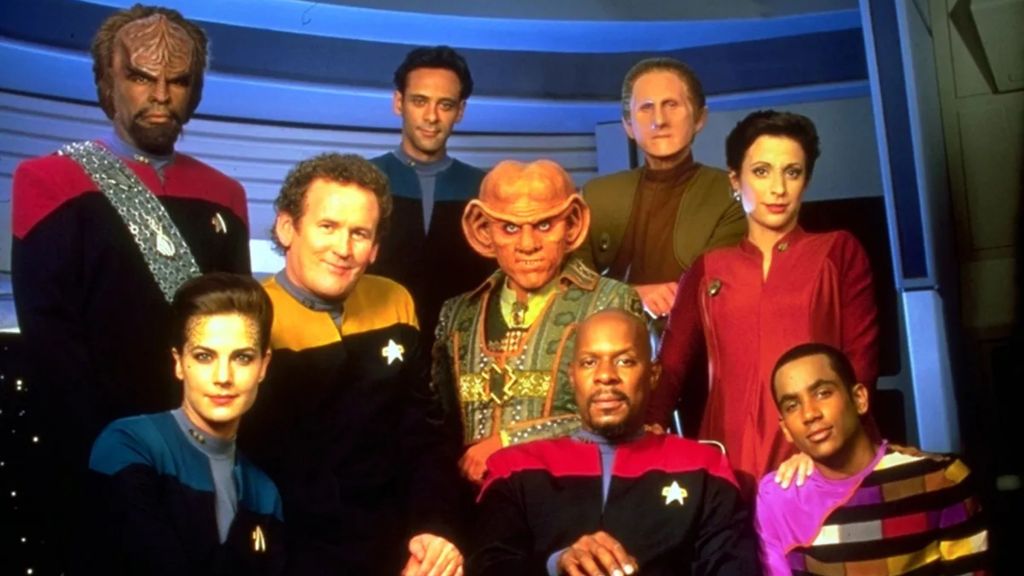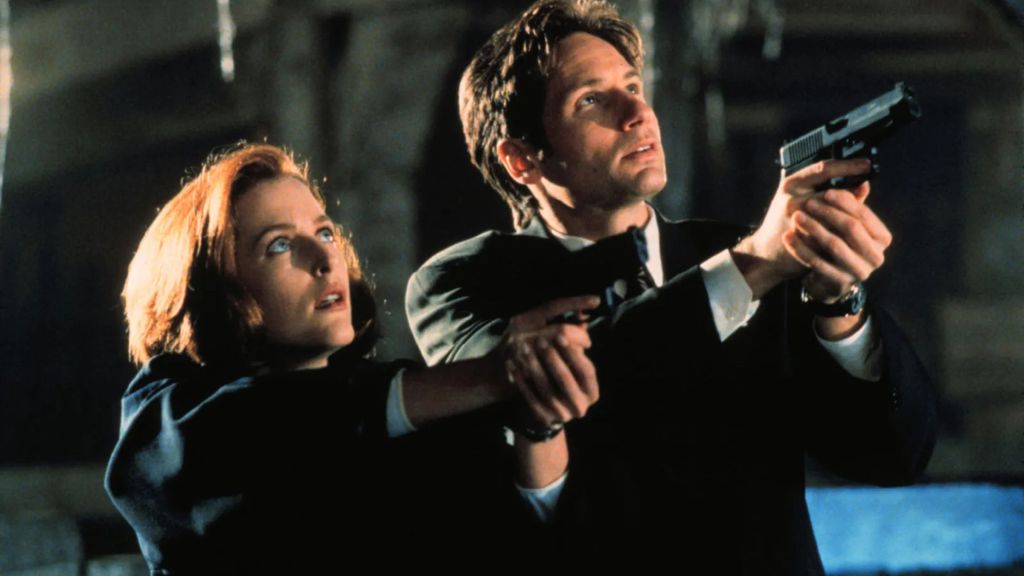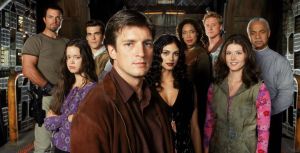
The science fiction television of the 1990s was forged in a decade of profound cultural and technological transition. As the certainties of the Cold War faded, they were replaced by a more complex global landscape, a mood that was reflected in the era’s storytelling. Simultaneously, advancements in computer-generated imagery began to make ambitious visual worlds more attainable on a television budget. This created a perfect storm for a new generation of creators who were eager to move past established formulas, trading simplistic allegories for morally gray characters and narratives where actions had lasting consequences. As a result, this was the decade where sci-fi television grew up fast, demanding more investment from its viewers than ever before.
The result was a collection of series that redefined the genre’s place in the popular imagination. After the 1990s, science fiction was no longer just the domain of niche enthusiasts but became a powerful vehicle for mainstream drama, attracting a broad and fiercely loyal audience. These shows became cultural touchstones, sparking conversations and building communities in the earliest days of the public internet. Here’s our pick for the most important sci-fi TV shows of the 1990s.
4) Star Trek: Deep Space Nine

While Star Trek has always been a pillar of television, Deep Space Nine was the series that proved the franchise could break its own rules. Set on a stationary outpost at the edge of a wormhole, the show abandoned the traditional planet-of-the-week formula in favor of serialized storytelling. This allowed for an unprecedented exploration of complex themes like war, religion, genocide, and moral compromise, topics that previous iterations of the franchise had touched upon with the limitations of the serialized format. Meanwhile, Deep Space Nine‘s central conflict, the devastating Dominion War, was a multi-season arc that depicted the grim realities of interstellar battles with a nuance rarely seen in science fiction.
Star Trek: Deep Space Nine was anchored by Commander Benjamin Sisko (Avery Brooks), a Starfleet officer forced to be a religious icon to the Bajoran people. His journey, along with the development of the rich ensemble cast, gave the show a dramatic weight that felt revolutionary for its time. Deep Space Nine was initially controversial for its darker tone, which some felt was at odds with Gene Roddenberry’s utopian vision. However, its willingness to challenge Starfleet’s ideals and portray its characters as flawed individuals is precisely what made it so important and has cemented its legacy as one of the most prescient chapters in the entire franchise.
3) Stargate SG-1

Spinning off from the 1994 film, Stargate SG-1 defied all expectations to become one of the longest-running and most beloved science fiction franchises in television history. The show centered on the titular Stargate, an alien device that allows for instantaneous travel to thousands of planets across the galaxy. This provided the framework for a seemingly endless supply of adventures, blending modern military sci-fi with ancient mythology. Led by Colonel Jack O’Neill (Richard Dean Anderson), the SG-1 team explored new worlds, battled parasitic alien overlords known as the Goa’uld, and forged alliances with other cultures.
What made Stargate SG-1 so important was its perfect balance of high-stakes action, character-driven humor, and an optimistic spirit. Unlike some of its darker contemporaries, the show was fundamentally about humanity’s resilience, curiosity, and ability to stand up against seemingly insurmountable threats. Over its ten-season run, it built a rich and accessible universe, complete with its own detailed lore and recurring characters. Because of that, Stargate SG-1 was a workhorse of the genre, consistently delivering entertaining sci-fi that helped define cable television in the late 90s and early 2000s, creating a durable and expansive franchise in the process.
2) Babylon 5

In an era dominated by episodic television, Babylon 5 was a revolutionary experiment. Creator J. Michael Straczynski famously conceived the series as a “novel for television,” with a pre-planned five-year arc where every episode functioned as a chapter in a larger story. This approach was unheard of for a syndicated science fiction show in the 1990s, allowing Babylon 5 to weave long-term narratives involving political intrigue, ancient prophecies, and a galaxy-spanning war against a mysterious foe known as the Shadows. As a result, the story was a sprawling space opera that gave its characters lasting consequences and allowed for permanent change within its universe.
Set on a massive space station designed to be a neutral ground for different alien races, Babylon 5 became a complex drama about diplomacy, corruption, and the fight to maintain peace against overwhelming odds. The show’s commitment to its central narrative was unwavering, even when faced with potential cancellation, forcing Straczynski to condense major plot points into the fourth season. This dedication to a complete and coherent story from beginning to end was a pioneering effort that directly influenced the wave of serialized dramas that would follow in the 21st century, making Babylon 5 one of the most structurally important shows in television history.
1) The X-Files

No series defined 90s science fiction, or arguably 90s television as a whole, more than The X-Files. The series became a cultural phenomenon, tapping into the post-Cold War era’s anxieties about government conspiracies, unseen forces, and the nature of truth itself. Following the investigations of FBI agents Fox Mulder (David Duchovny) and Dana Scully (Gillian Anderson), the show masterfully blended standalone “monster-of-the-week” episodes with an overarching “mythology” arc concerning a secret alien colonization plot. This structure became a blueprint for countless genre shows that followed.
The X-Files brought cinematic horror and paranoia into primetime, proving that mainstream audiences were ready for complex, dark, and intellectually stimulating storytelling. Furthermore, the dynamic between the believer Mulder and the skeptic Scully became one of the most iconic partnerships in television history, while slogans like “I Want to Believe” entered the popular lexicon. The X-Files‘ success demonstrated that science fiction could be a commercial and critical powerhouse, moving the genre from a niche interest into a dominant force in pop culture. For its massive influence, innovative structure, and era-defining impact, The X-Files stands as the most important science fiction series of the 1990s.
Which other 1990s sci-fi shows do you think belong on this list? Let us know in the comments!
The post 4 Most Important Sci-fi TV Shows of the 1990s appeared first on ComicBook.com.

